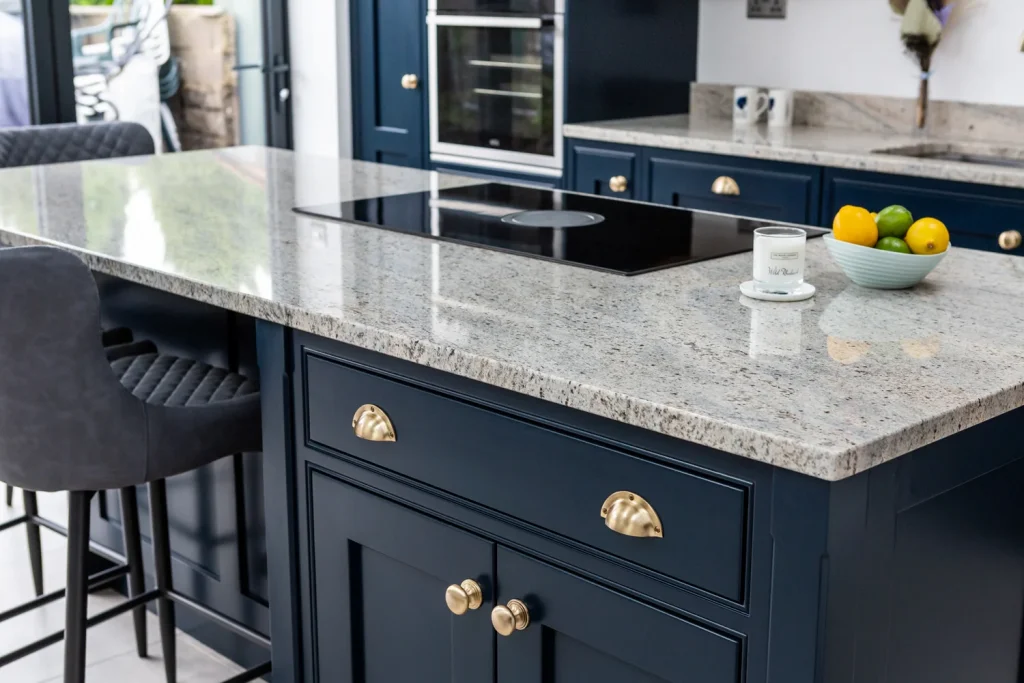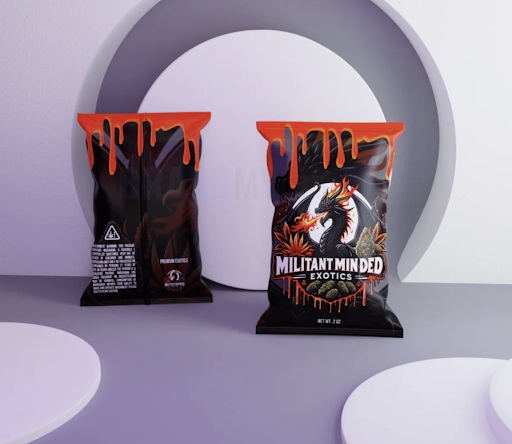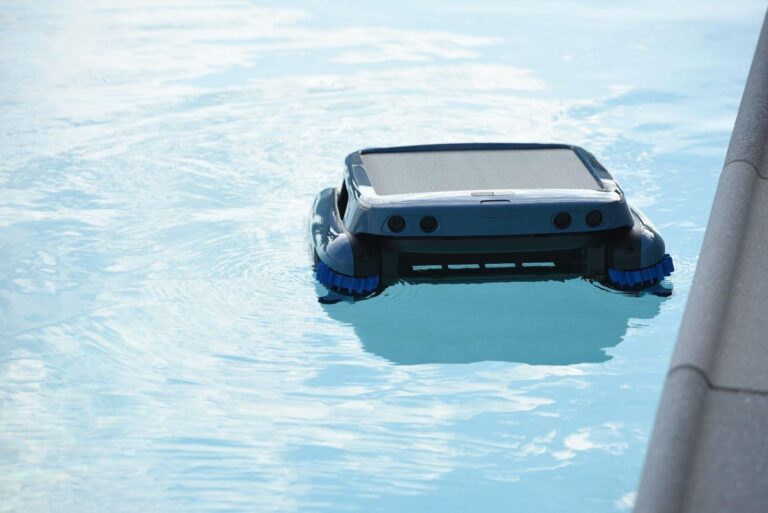Deciding on the Ideal worktops: Granite worktops vs. Ceramic worktops
Introduction
Any makeover of an area entails a proper choice of a countertop since it encompasses the character of the surface as well as the utility of the place. In the comparison between granite and ceramic worktops explained in this guide, you will be able to decide on which is suitable for your use.
Primitive Elegance vs. Individual Bred StyleSheet
Granite: A Touch of Nature
Granite worktops are well liked and valued due to its natural appearance and that each piece is different. Specially, extracted in great blocks, granite and every part of it has own vein network and color shades. They provide a different character to any environment, making each countertop a delightful creation for homeowners and designers.
Ceramic: Customized Beauty
Ceramic worktops are made from fine clay and have an art form looking like pottery, which is shaped and painted and then fired. That production process makes it possible for countries manufacturers to produce colors and designs of the same products with uniformity and consistency as compared to natural stones. Ceramic is ideal since clients can pick individual colours to order and the look will be homogeneous.
Visual Differences
Granite and ceramic worktops are different in appearance, to suit different looks.
Granite
Granite has the ability to impart sophistication to the areas; it has a shiny glazed veneer with variety of hues. If its alignment patterns are natural it can become the site’s best design feature. Granite is an earthy product, and its slabs are not uniform in appearance, which could be a worthy bonus to those people, who seek exclusivity in worktops.
Ceramic
Ceramic worktops are very beautiful and on top of this can be made to fit practically any shade. Since they are artificially designed products then aspect of appearance can be managed well enough to sup with any existing décor. Owing to their clean lines minimalistic geometry they can be easily incorporated into any interior design.
Strength and Maintenance
Granite: Requires Care
Granite is durable but can be susceptible to scratching, staining, and etching. Its porous surface necessitates regular sealing to maintain its appearance and functionality over time.
Ceramic: Durability and Ease
In contrast, ceramic worktops are highly durable and do not crack, break, or expand when exposed to heat. They are resistant to scratching and, being non-porous, are easy to clean without the need for frequent sealing. This makes ceramic an excellent choice for those seeking low-maintenance options.
Quartz: Virtually Maintenance-Free
Quartz worktops are non-porous and therefore do not need any sealing which makes them easier in the long run to manage. In cleaning the quartz, it is quite easy since it can be cleaned using a damp cloth and a mild detergent. Quartz does not require a sealer because it is non-porous, stain as well as bacteria resistant, making it a perfect option of a homeowner who wants a low maintenance kitchen worktop.
Cost Comparison
Granite and quartz worktops cost also differ because of the quality, the brand and installation charges. Nevertheless, there is a tendency where granite is slightly cheaper than the quartz.
Granite: Price differs on the rarity of the product.
Quartz: A Premium Investment
Since it is a man-made material Quartz is, usually, more expensive than granite and it has uniform texture and color. Still, no sealing is needed in quartz and all in all, it might be cheaper in the long run than marble. If one wants a material that offers quality and hard-wearing capacity it also has the all important luxury factor, quartz is usually the one to go for.
Environmental Impact
Although both granite and quartz are environmental friendly, some people who own homes have a concern toward the environment.
Granite:
One is a natural but finite resource. The other is a natural but scarce resource
Granite is quarried, and this mean this natural stone comes with its own disadvantages some of which are the disruption of natural habitats and the energy used in the transportation. Still, as the material is very strong and resistant, it does not wear out very frequently, therefore there is less of it thrown away.
Quartz: Engineered for Sustainability
Despite being a man-made material Quartz is made from natural materials and it is possible to have the engineered product with less or no impact on the environment compared to quarrying of natural stones. Besides, some of the manufacturers in creating their quartz products also incorporated recyclable materials in its production making another attribute of quartz even more eco-friendly. Furthermore, quartz is as durable as solid stone unsurprisingly it does not need much maintenance as compared to marble thus making it a more environmentally friendly option in the long run.
Conclusion:
Granite and quartz worktops are, therefore, in a way similar to comparing apples and oranges; the choice boils down to taste, daily-use pattern and affordability. If you are a fan of a natural stone that has a personality that you won’t find in any other material then granite could be ideal. Therefore, if simplicity and maintaining of the same appearances for a long time are your main goals and you like minimalism and modern looking, then quartz countertops may be the best solution.
Keep an eye for more news & updates on HipHopHipHop!






